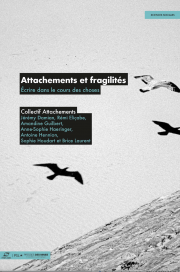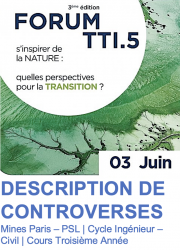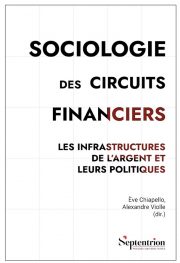
The Center for the Sociology of Innovation is deeply saddened to announce the passing of Michel Callon on July 28, 2025.
A civil engineer from the École des Mines de Paris who earned a postgraduate degree in economics, he joined the Centre for the Sociology of Innovation in the late 1960s. Sharing a close intellectual friendship with Jean-Pierre Vignolle and Antoine Hennion, he conducted research on the development of electric vehicles, pioneering an approach to innovation by studying the controversies they raise. Callon laid the foundation for a sociological approach to innovation through translation processes and implemented original scientometric methodologies.
In 1982, Callon became director of the CSI. Through his recruitment choices, scientific direction, and ability to obtain financial resources, he transformed the centre into a leading institution in the field of the sociology of science and technology. With the help of Bruno Latour, whom Michel Callon brought to the CSI, he conducted research projects on the construction of science and technology. These projects made a significant contribution to the development of Science and Technology Studies (STS).
Read more →










